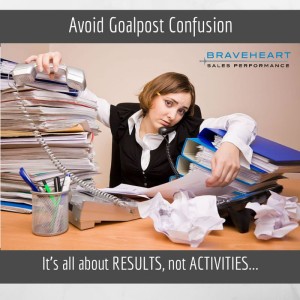Keywords have long been the foundation of online marketing.
Keywords were what brands used to figure out what their customers were searching for, and keywords are what Google used to find relevant content for search queries.
But marketers became a bit too zealous in their use of keywords, and many became guilty of overoptimizing their content. Google became hip to their game and made several algorithm changes that penalized such optimization.
Now Google focuses on intent based search to try to deliver results that better match what users mean to find when they enter their search terms.
Most people use a query when they search, rather than simple keywords. Therefore, they would search for “geeky Kindle cases under $ 20” rather than just “Kindle cases.”
Users know that they are bound to get hundreds of thousands if not millions of results when they search, so they will be as specific as they can be when searching to increase the chances of finding just what they need.
Google has refined its algorithm to deliver search results based on what they think the user intent is, using a combination of search data, click data and heuristics to determine results.
If you want to continue to reach your target audience, you need to think beyond simple keywords and create content around user intent. Here are a few ways you can do that:
Understand the Reasons People Search
There are four types of searches that user conduct: Informational, Navigational, Commercial, and Transactional.
Informational searches answer a question, such as “How to restore ceramic tile floors?” or “How much should I feed my dog?” Create content to answer these questions to get more traffic from these searches. You can even use the query as your headline to get more hits.
Navigational searches help people find a specific location. These are primarily for specific businesses.
Commercial searches are typically for future purchases, such as when customers are comparing brands or products.
Transactional searches are for immediate purchases, such as finding a new iPhone case or handbag. These are the searches that most businesses want since they lead to more immediate sales and conversions.
It is important that you understand these top reasons people search so you can create content that matches it.
Go Beyond Basic Keyword Research
Keyword research still provides valuable information about your users, but it can be too simplistic.
You need to gather information outside your keyword research, such as activity on social media, answers to polls and surveys, and reactions to contests. You should also implement a search box on your own site and collect data from that.
When conducting keyword research, think beyond the basics. If you find a keyword like “guitar tabs,” think about what the user really wants. They might want things like “guitar tabs for Beatles songs” or “guitar tabs for beginners.”
You can create dozens if not hundreds of articles just from that simple keyword prompt. Narrow down your focus by thinking about what specific guitar tabs your target audience would want based on the information listed above — social media, etc.
Go Offline for Data
You may be trying to get more business online, but that doesn’t mean you are limited to researching your customers online.
Go offline to find out what your customers need and what they might be searching for online. Conduct focus groups, go to local met ups, attend trade shows and festivals, put together peer groups and more.
Get as much information as you can about your customers through personal conversations, surveys, questionnaires, email lists and follow ups.
Use that information and compare it to your keyword research and other data to better learn your customers’ intent and what kind of content to create for them.
Build Your Site around Everything You Do
Don’t limit your focus. Build up your site around all the things you do, including your products, services, and the information you provide.
Create a topic map that includes all relevant keywords and interests. Then build a site map, content, and other elements that reflect all those things.
Google will evaluate the entirety of your site when determining how you match with user searches, and your site will be considered relevant for more users. You’ll be ranked higher and will get more traffic overall.
By focusing on intent-based search, you can connect with more of the customers that you want and can increase your sales and conversions. Using the right tools can help.
Digital & Social Articles on Business 2 Community(12)
Report Post



